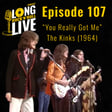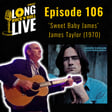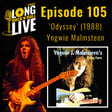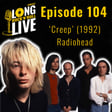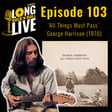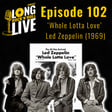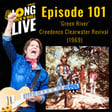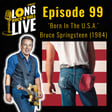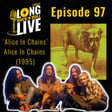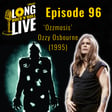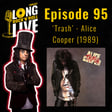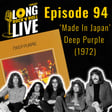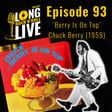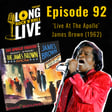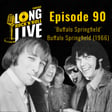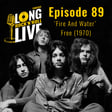
75. 'By The Way' - Red Hot Chili Peppers (2002)
Following the success of ‘Californication’ and its corresponding world tour, the Red Hot Chili Peppers were in a good space when they began writing ‘By The Way’. John Frusciante was said to be back to his normal self and brimming with confidence as he co-wrote and collaborated with Anthony Kiedis.
‘By The Way’ took a more accessible approach containing a lot more musical diversity than the Chili’s previous releases - departing from that heavy funk sound in favour of a more melodic and produced approach with lots of emphasis on guitar work and vocal harmonies. The versatility and willingness to try out new styles opened them up to a much wider audience and cemented their legacy as one of the world’s leading Rock bands at the start of the 2000s. Joining me to discuss…
Episode Playlist: https://open.spotify.com/playlist/3MV7vUpCPgrBfKUAV9cez6?si=6100f225e7a648e4
LONG LIVE ROCK ‘N’ ROLL
#RHCP #ByTheWay #RedHotChiliPeppers #Flea #ChadSmith #JohnFrusciante #AnthonyKiedis #Funk #Rock #FunkRock #AltRock
